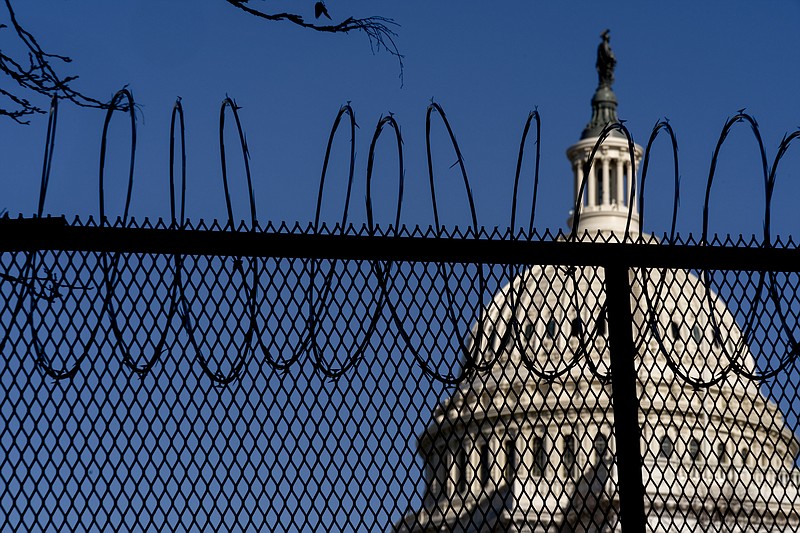Regardless of whether you agree with his agenda or not, it is now clear that President Joe Biden does not merely want to tinker with the economy or with social welfare spending. He wants to go big.
If you are a mainstream Democrat, you probably think the president's agenda is moving in the right direction. If you are a conservative, all you can see is more spending, more government programs and higher taxes on business, which, you think, will hurt economic growth.
Over the last decade, I've written often about the NBC News survey question about the role of government - "government should do more to solve problems/government is doing too many things ..."
The question and its responses always seemed to me to foreshadow significant electoral changes, since the United States essentially has one party promoting smaller government, lower taxes, less regulation and "traditional values," and another party that believes government can and must help the needly, regulate big business, work toward a "fairer" economic and tax system, and value and promote diversity.
If the public thinks that the government should "do more to solve problems and help meet the needs of people," the Democratic message should resonate. If Americans think that the government is doing "too many things better left to businesses and individuals," the GOP message should carry the day.
And that's how it has usually worked.
The "role of government" question in the April 17-20 NBC News survey included previous responses to that question going back to 1997. It showed that in June 2020 an unusually large 57% of registered voters thought government should do more, while only 38% agreed that the government is doing too many things.
Historically, that's a huge gap.
The responses to that question suggested voters were ready for a more activist government, which is what Democrats offered in 2020.
In October 2010, weeks before the midterm election produced a Republican tsunami, 50% of registered voters said government was doing "too many things," while only 45% believed the government was not doing enough.
But while Democrats like to point to recent "role of government" numbers, which show a solid majority of Americans want the government to "to do more to solve problems and help meet the needs of people," future responses to that question could flip quickly.
The more government does, the more an increasing percentage of Americans are likely to feel that it is doing "too much." The news coverage alone, combined with social media chatter, is likely to move public opinion.
The normal ups and downs of government - policy failures, personnel problems, new controversies and the inevitable second-guessing of any president - could well boost the "government is doing too many things" numbers and deflate the "government should do more" responses.
That is simply the way things usually work.
Obviously, there are reasons to wonder whether things have changed so much politically that the "role of government" survey question no longer provides the predictive guidance it once did.
President Donald Trump certainly did many things that resonated with those who thought government was doing too much. But his populism was not traditional "small government," except in his support for tax cuts and deregulation of business.
Moreover, Trump drew support from down-scale white voters who wanted to fight corporate America's support for diversity in the workplace and concern with economic inequality in the country.
The current Republican civil war and the extremism in the party also raises questions about whether voters will follow the usual course.
It's always temping to read short-term trends in public opinion into dramatic shifts. And sometimes those shifts are real. But swing voters remain an important force in national and key state elections, and many of them are conflicted about the role of government.
Democrats have to hope that the unusually large majority now saying they think the government "should do more" remains high, but they should also be aware that history suggests it won't.
CQ-Roll Call
